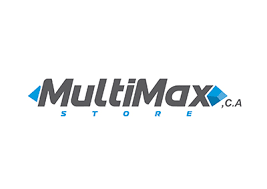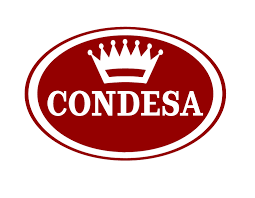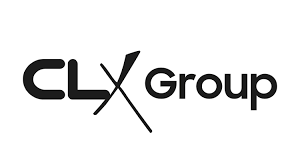John Mueller of Google answered a question about how Google handles copied content. Mueller’s answer covered different types of duplicated content. He ended his answer with an observation about the original source of the content and its relevance.
How does Google determine the source of the content?
The questioner wanted to know how Google determined which content was the original source and which content was copied.
The question:
“How does Google determine whether or not a particular… content is copied and who is the original source of that content?
John Mueller gave a broad answer that used different types of copied content as examples (such as the “boilerplate” content used throughout a website).
This approach had the effect of providing a comprehensive overview of the different types of copied content that Google has to deal with.
Mueller of Google explains how Google handles copied content and why the copy may have a higher rank than the original content:
“I think it’s a little difficult in some aspects… in other aspects it’s really easy because if you take a piece of text and look for it then it’s exactly the same text that’s on the web or on other pages then it’s a very good sign that it’s copied content.
So, for example, if you’ve copied content that’s more like the text on a boilerplate, you have… a legal disclaimer at the bottom of your site. Which is something you have on every page of your site.
Determining Content Ownership is Difficult
John Mueller referred to the authorship of the content, particularly in the difficulty of identifying who the primary author is.
Mueller said:
“With respect to the author or owner of that content, I don’t think we’re going to make any judgments about that because that’s really difficult as… we can’t determine who the owner is.
Why might the copied content be more relevant than the original?
Mueller ended up using the Google blog entries as an example of Google’s algorithm that ranks other sites ahead of Google’s own content. He said it was all about relevance.
“And sometimes the person who wrote it first isn’t, for example, the most relevant.
So we see this many times, for example, with our own blog entries where we’ll write a blog entry and put the information we want to share in our blog entry and someone will copy that content and add a lot of extra information around it.
It’s like, this is what Google really wants to tell you and it’s like reading between the lines and the secret of Google’s algorithms.
Originality doesn’t always mean it’s relevant
Quoting something and offering a comment on the quote is generally considered fair use. Mueller demonstrated that what counts most in content is how it relates to a user query.
Sometimes that can mean making sure that the content answers the questions of why, how, and what kind that are inherent in some search queries.
You can continue reading: SEO in 2021: What awaits the positioning experts?
This post is also available in:
 Español (Spanish)
Español (Spanish)















